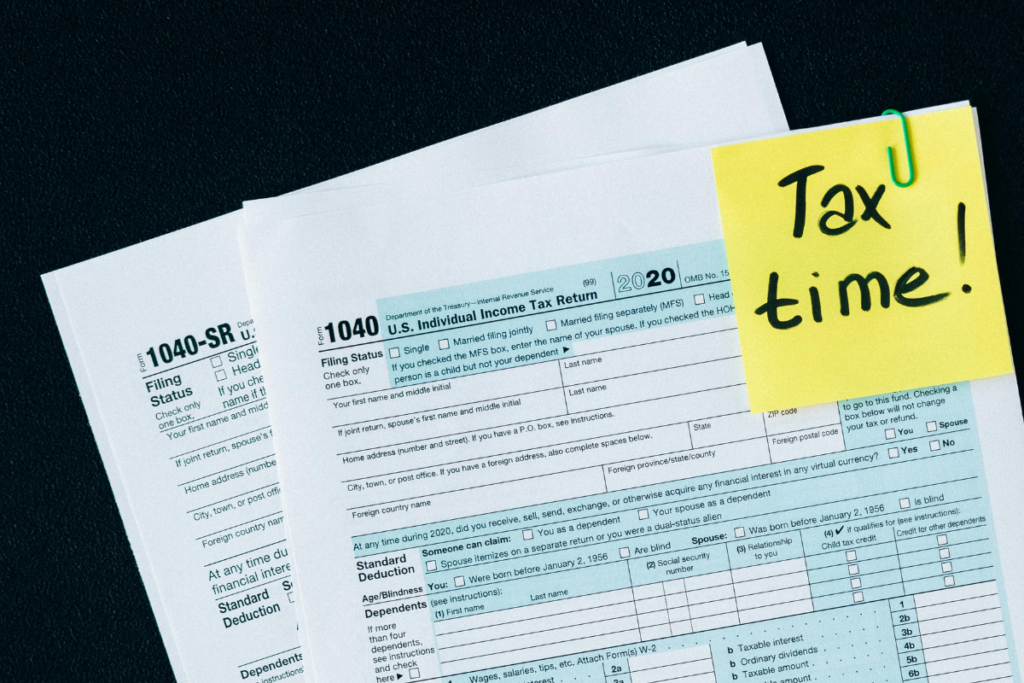
Let me be real about taxes. I’m a new expat working here in Kuala Lumpur, Malaysia. After almost 2 years, I’ve learned one thing: taxes don’t mess around here. You can also say taxes in Malaysia are serious business.
Where Do I Start?
If your salary is under 4,000 RM, here’s the deal. After a 30% tax deduction, your wallet will go on an unplanned diet. Then comes rent with a 3-month deposit upfront, aka the “adulating starter pack” and things start feeling tight. And 6-month contracts? They’re about as common as a bus arriving on time during rush hour. 😂
Alright, you’re probably wondering why I’m talking about salary and rent instead of jumping straight into taxes. Let me clarify, and trust me it’s all connected.
Let’s crunch the numbers together. You will see why 3,800 RM should make you think twice as a starting salary. 😂
. . …
Monthly Breakdown
- Your Salary: 3,800 RM
- Tax Deduction (30%): 1,140 RM
- Remaining After Tax: 2,660 RM
Key Expenses:
- Rent & Utilities: ~620 RM
- Food & Transportation: ~1,060 RM
- Extras (Drinks, Outings): ~300 RM
. .. .. .. . .
After all this, what do you think you’ll have left? Well, let’s just say your remaining salary will be 380-730 RM. It’s barely enough to buy a few extra bubble teas. Maybe you can save for a rainy day. Real life hits hard, doesn’t it? Careful budgeting isn’t just advice here; it’s survival mode. Welcome to adulating! 😅
Alright, let’s talk about tax!
From my experience working at a BPO company, here’s a guide to understanding taxes as an expat in Malaysia.
Income Tax for Expats: The 30% Rule
When you first start working in Malaysia, your salary will initially face a 30% income tax rate. This rate applies for the first six months. This is standard practice for expats. Nonetheless, there’s good news. If you stay in Malaysia for 182 days or more in a calendar year, you can claim a refund. Your tax rate will be adjusted to the standard progressive rates. These rates range from 0% to 30%, depending on your income.
Key Points to Consider for Tax Refunds
- 182 Days Rule: You must stay in Malaysia for at least 182 days in a calendar year.
- Travel Days: You’re allowed to exit Malaysia for up to 14 days in total. Days spent abroad are not counted, except for travel days when your passport is stamped.
- Timing Matters: Your refund will be based on the calendar year.
Based on my own experience, I started working in Malaysia in October 2023. The 30% tax deduction kicked in right away. Talk about a warm welcome! Normally, this deduction only lasts six months, from January to June. I joined the tax party late. As a result, I got the ‘VIP treatment’. I enjoyed nine glorious months of deductions (October 2023 to June 2024). Lucky me, right?
- In 2023, I was eligible for a refund for 3 months of deductions covering October to December 2023. I claim this refund in April 2024.
- For 2024, I’ll claim a refund for the remaining 6 months of deductions in 2025.
How Long Does It Take to Get Your Refund?
typically takes 30 days or less to process, depending on your company’s payroll team.
SOCSO: Another Deduction to Be Aware Of
SOCSO (Social Security Organization) is another deduction from your salary. Unlike income tax, this amount is not refundable. Nonetheless, SOCSO provides medical coverage, allowing you to claim benefits if you need medical treatment at a hospital or clinic.
Steps to Guarantee a Smooth Tax Refund Process
- Track Your Travel: Be mindful of the 182 days rule and avoid exceeding the 14 days allowance for overseas trips.
- Keep Your Records: Save your payslips, tax forms, and any official documents related to your employment.
- File Your Taxes: In Malaysia, tax filing season usually starts in March and ends in April. You’ll need to file your taxes to claim your refund.
. . .. . …
Understanding Malaysia’s tax system is crucial for a happy and stress-free life as an expat. While the first 30% deduction seems high, it’s temporary if you meet the residency requirements. Also, keep an eye on SOCSO deductions for added benefits.
For comprehensive information on taxation in Malaysia, you can visit the Inland Revenue Board of Malaysia’s official website:
- Inland Revenue Board of Malaysia (LHDN): https://www.hasil.gov.my
Got more questions? In the next blog, I’ll walk you through the steps to claim your tax refund in Malaysia.
